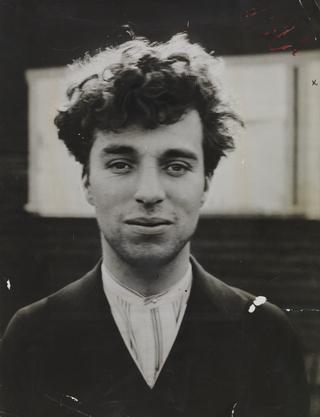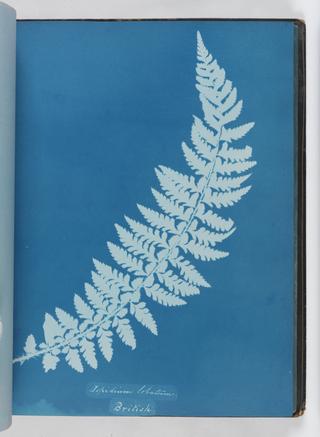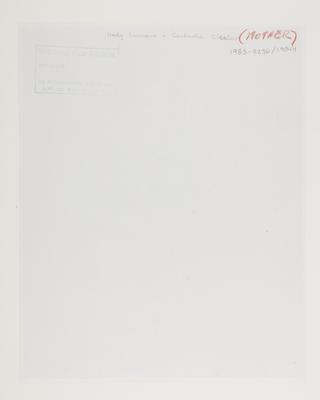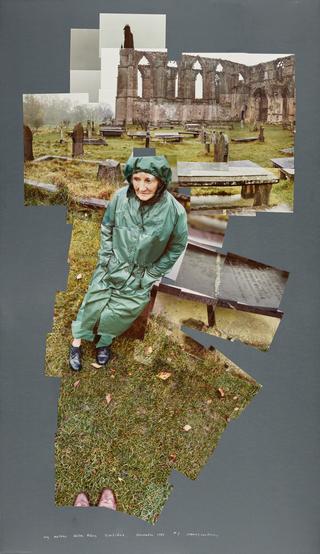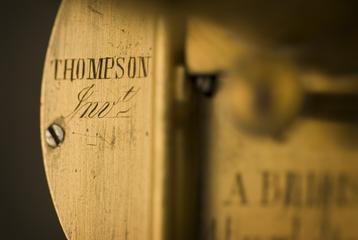
Dessau, Germany
- photographer:
- Henri Cartier-Bresson
Silver gelatin print entitled 'Dessau', by Henri Cartier-Bresson, 1945. Signal print by Cartier-Bresson.
Henri Cartier-Bresson (1908 – 2004) is one of the most famous figures in the history of photography. He is known for his distinctive 'street style' approach to documentary photography and for being a co-founder of the prestigious photographic agency Magnum Photos. Cartier-Bresson recorded many of the 'little moments' in everyday life, often capturing subjects absorbed in activity, however minimal or idiosyncratic that action may have been.
His fascination with society and close observation technique helped him to identify the 'decisive moment'. This referred to the point at which the action and aesthetic blended, to create the most impactful and visually effective representation of a scene.
In 1945 Cartier-Bresson, an ex prisoner of war, was asked to make a documentary film about French prisoners of war and refugees.
Part of the resulting film, Le Retour (The Return), was made in an American-controlled transit camp for refugees, former prisoners of war and other ‘displaced persons’. As the film rolled Cartier-Bresson took this mage.
'Dessau' shows the transit camp filled with people trying to return home after the war.
This is the moment a Belgian woman is identified as a Gestapo informer. Her fear and shame contrast with the fury of her accuser. The crowd of onlookers, anticipating what will happen next, react with a range of emotions.
Cartier-Bresson took this photograph in 1945 at a refugee transit camp in Dessau, Germany. It captures the moment at which a Gestapo informer is recognised and exposed by a young Belgian woman.
Details
- Category:
- Photographs
- Object Number:
- 1983-5226
- Materials:
- paper (fibre product)
- Measurements:
-
overall: 306 mm x 400 mm
- type:
- photograph and silver gelatin print
- copyright:
- Cartier-Bresson, Henri
- credit:
- The National Media Museum, Bradford
